Table of Contents
Emotional abuse is the manipulation of another person’s emotions. It involves using emotions to criticize, shame, blame or manipulate another person.
An abusive relationship is defined as one that involves a constant pattern of abusive words or bullying behavior that leads to lower self-esteem and undermines a person’s mental health.
Furthermore, even though it is more common in married relationships and dating, emotional abuse can happen in any relationship, including between friends, family members, and co-workers.

Emotional abuse can be one of the most difficult forms of abuse to recognize. Emotional abuse can be subtle and insidious, or it can be overt and manipulative. In either case, it can chip away at victims’ self-esteem, causing them to doubt the reality of their perceptions.
Emotional abuse has the primary goal of controlling the victim through discrediting, isolating, and silence.
The victim ends up feeling trapped. The victim is often too hurt to continue the relationship and too afraid to leave. So the cycle continues until there is a solution.
How Do You Know?

Remember that emotional abuse can be subtle when you examine your relationship. It can be difficult to spot. You might have trouble determining whether your relationship is abusive. Take a moment to think about how you interact with your friend, partner, or family member.
Here are some indicators that your relationship may be emotionally abusive. Even if your partner does only a few of these things, it is still an emotionally abusive relationship.
Don’t fall for the trap of saying “it’s not so bad” or minimizing their behavior. Instead, remind yourself that everyone deserves kindness and respect.
If you feel frustrated, wounded, misunderstood, confused, depressed, anxious, or worthless whenever you interact with someone. This could indicate that you are in an abusive relationship.
Have Unrealistic Expectations
People who are emotionally abusive display unrealistic expectations. Some examples include:
- Make unreasonable demands of you.
- They expect you to do everything possible to satisfy their needs putting everything else aside.
- They are demanding you to spend all your time together.
- No matter how much you give and how hard you try, they will never be satisfied.
- They criticize your inability to complete tasks according to their standards.
- They expect you to share their opinions (i.e., you are not allowed to have a different view).
- When discussing something that upsets you, they will demand you to name the exact dates and times. If this is not possible, they may dismiss it as if nothing ever happened.
Invalidate You
You are invalidated if you are emotionally abused. Some examples include:
- Your perceptions and reality are being undermined, dismissed, or distorted.
- Instead of refusing to accept your feelings, they try to define what you should feel.
- Requires you to explain your feelings over and over again.
- You are accused of being crazy, too sensitive, or too emotional.
- Refuse to acknowledge or accept your opinions and ideas as valid.
- Your requests, wants, or needs are dismissed as unmerited and ridiculous.
- Suggesting that your perceptions are incorrect or that you can’t be trusted by using words like “you blow this out of proportion” and “you exaggerate”.
- If you express your desires or needs, it will be interpreted as criticizing you for being needy, selfish, or materialistic. The expectation is that you shouldn’t have any needs or wants.
Create Chaos
People who are emotionally abusive can cause chaos. Some examples include:
- Arguments are made for the sake of arguing.
- They are making contradictory and confusing statements (sometimes called “crazy-making”).
- Sudden emotional outbursts or mood swings.
- Nitpicking your work, clothes, hair, etc.
- Unpredictability and erratic behavior that makes you feel you are “walking on eggshells.”
Use Emotional Blackmail
People who are emotionally abusive use emotional blackmail. Some examples include:
- Manipulating and controlling you by making you feel guilty.
- Humiliating you publicly or privately.
- Use your values, fears, compassion, and other hot buttons to control you or the situation.
- Exaggerate your flaws and point them out to divert attention or avoid being held responsible for their bad choices or missteps.
- Denying that an event happened or lying about it.
- Punish you by withholding affection or giving you silent treatment.
Act Superior
Emotionally abusive people can act superior and entitled. Some examples include:
- Treating you like you are inferior.
- Blaming you for their mistakes or failures.
- Doubting everything you have said and trying to prove it wrong.
- Jokes at your expense.
- Telling you that your opinions, ideas, thoughts, and values do not make sense.
- Condescending or talking down to you.
- Use sarcasm to interact with you.
- They act like they know best and are always right.
Control and Isolate You
Emotionally abusive people try to control and isolate you. Some examples include:
- They control who you see and how much time you spend with them. This includes friends and family.
- They monitor you digitally via text messages, social media, and email.
- They accuse you of cheating and being jealous of outside relationships.
- They take or hide your car keys.
- Asking for your location at all times or using GPS to track every move you make.
- Treating you as a property or possession
- Criticizing and making fun of friends, family, or co-workers.
- They use jealousy and envy as a sign of love and to keep you from being with others.
- They force you into spending all of your time together.
- Financial control.
Types of Emotional Abuse
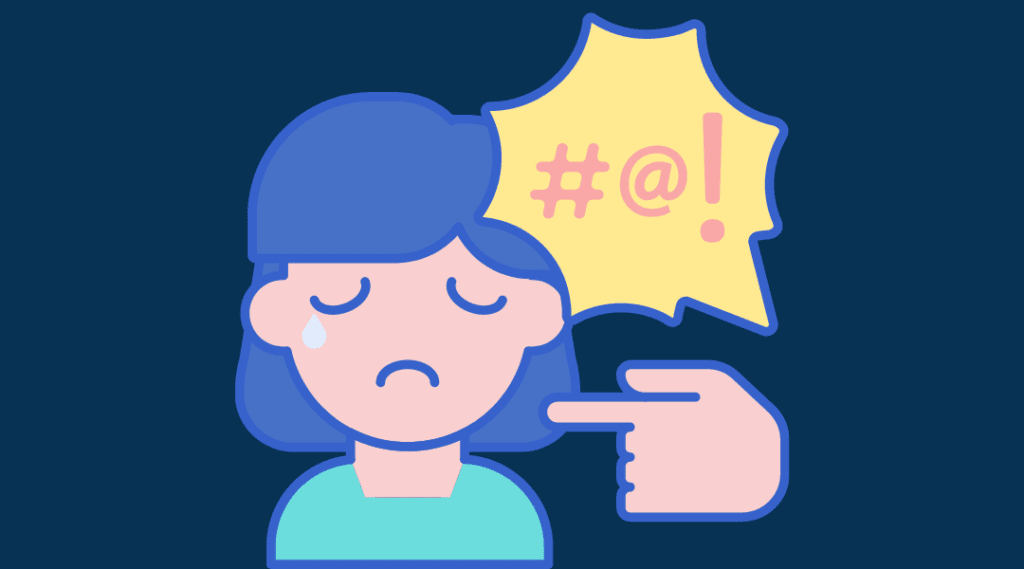
There are many forms of emotional abuse, including:
- Accusations or signs of jealousy, possessiveness, and cheating.
- Continuous checking and other efforts to control the behavior of the other person.
- They are constantly opposing or arguing.
- Criticism.
- Gaslighting.
- Separate the person from their family and close friends.
- Verbal and name-calling abuse.
- They are refusing to participate in the relationship.
- Shaming or blaming.
- Silent treatment.
- Trivializing other people’s concerns.
- Withholding affection and attention.
These types of abuse might not appear at the beginning of a relationship. While a relationship may appear to be loving and normal at first, abusers can use tactics to manipulate and control their partner as the relationship develops. As a result, these behaviors can begin slowly, and you might not notice them immediately.
Impact of Emotional Abuse

Victims of emotional abuse can lose their whole sense of self if they are persistent and severe. Sometimes, there is not even a mark or bruise. Instead, victims hide their wounds from others by feeling self-doubt, worthlessness, and self-loathing. Research has shown that emotional abuse is just as harmful as physical abuse.
The victim’s self-esteem can be eroded by verbal abuse, criticisms, name-calling, and gaslighting. In this situation, victims may begin to agree with their abusers and start to become internally critical. As a result, most victims find themselves trapped in an abusive relationship, believing they are not good enough for anyone else.
Emotional abuse may even affect friendships, as the emotionally abused often worry about how other people see them and whether they really like them.
Victims eventually will stop forming friendships and begin to isolate themselves from others, feeling that no one likes them. Furthermore, emotional abuse can cause many health problems, such as depression, anxiety, stomach pains, heart palpitations, eating disorders, and insomnia.
Tips for Dealing With Emotional Abuse

Recognizing abuse is the first step to dealing with an abusive relationship. If you can identify any aspects of emotional abuse within your relationship, it’s important to acknowledge this first.
By being open about your feelings, you can regain control of your life. Here are seven other strategies to help you regain control over your life.
Make Yourself a Priority
It would be best to make yourself a priority when it comes to your physical and mental health. Don’t worry about pleasing the person who is abusing you. Take care of yourself. Do something positive that will encourage you to be who you truly are.
You should also ensure that you eat healthy foods and get enough sleep. These simple self-care tips can help you cope with emotional abuse and the daily stresses that come with it.
Establish Boundaries
Tell the abusive person to stop yelling at you, calling you names, insulting you, or being rude to you. Next, explain to them what happens if they continue this behavior.
Tell them, for example, that if they insult you or call you names, it will end the conversation, and you will leave. It is important to stick to your boundaries.
You should not set boundaries that you do not intend to keep.
Stop Blaming Yourself
You might think that something is wrong with you if you’ve been in an emotionally abusive relationship. However, you are not the problem. To abuse is to make a choice. You can’t blame yourself for something that you don’t control.
Realize You Can’t Fix Them
No matter how hard you try, you can’t change someone emotionally abusive by changing your behavior or being different. An abusive person chooses to be abusive.
Remember that they cannot be controlled and responsible for their actions. Your response is the only thing that you can control or fix.
Avoid Engaging
Do not interact with someone who is abusive. In other words, if an abuser starts an argument, insults you, demands something from you, or rages jealously, you should not attempt to soothe their feelings, make excuses, or apologize for the things you did not do.
You can simply walk away from an abusive situation. Engaging with an abusive person only leads to more pain and abuse. You will never be able to make things right in their eyes no matter how hard you try.
Build a Support Network
It can be challenging to tell someone about your feelings openly, but possible. Talk to a friend or family member about your feelings. Spend as much time from the abusive person away as possible, and instead spend it with people who love and support you.
This network of confidantes and friends will help you feel less lonely. They can also speak truth into your life and help you put things into perspective.
Work on an Exit Plan
It is impossible to continue living in abusive relationships if your partner, friend, or family member does not intend to change their bad choices or make amends. As a result, you will both be affected mentally and physically.
You may have to decide whether to end the relationship or not, depending on your situation. Each case is unique. Talk to someone you are close to; it could be a friend or family member, about your thoughts and feelings. Emotional abuse can lead to long-term problems and be a precursor to physical abuse or violence.
Don’t forget that abuse often escalates after the victim decides to leave. You should have a plan for safety in case the abuse gets worse. It takes time to heal from emotional abuse.
The best way to heal from emotional abuse is to take care of yourself. Reach out to loved ones. Talking to a therapist may also be helpful.
Potential Complications
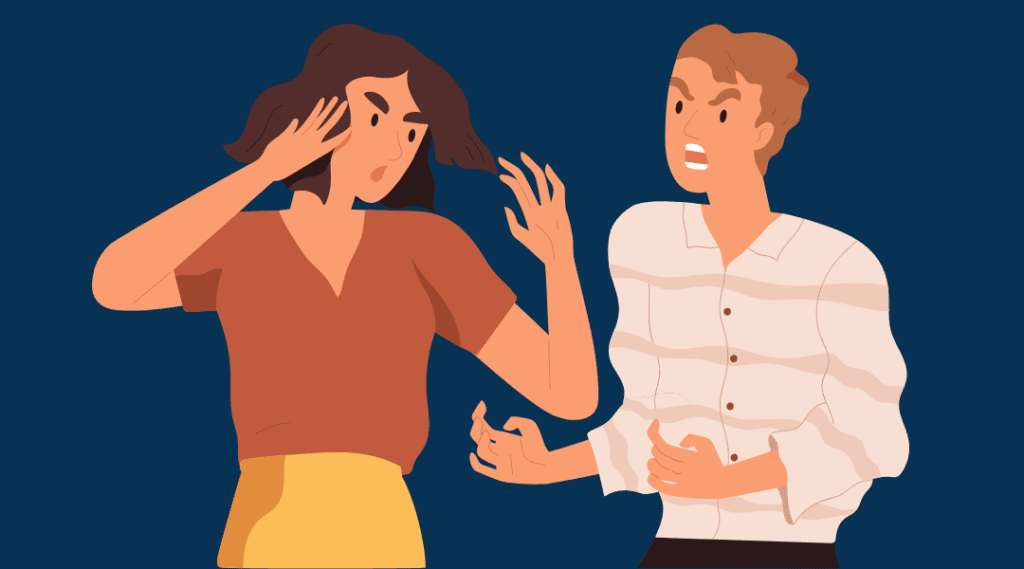
Sometimes, attempts to reduce or deal with emotional abuse can backfire and make it worse. These are some of the most ineffective ways to deal with abuse:
- Arguing with the abuser. Arguing with abusers can lead to escalating the problem and violence. An abuser will find ways to criticize, blame, and shame you. They might also try to play the victim and turn the tables.
- Making excuses for the abuser or trying to understand them. It can be tempting to try and understand the behavior of another person or find excuses for their actions. It can be difficult to leave the situation if you try to understand or minimize the abuser’s actions.
- Attempting to appease the abuser. While it may seem like de-escalation, appeasing another person can backfire and encourage further abuse. Instead of trying to make yourself or your behavior fit the needs of the abuser, you should focus on setting clear boundaries and avoid engaging with them if possible.
If you or someone you love is a victim of emotional abuse or any other type of domestic violence, call the National Domestic Violence Hotline at 1-800-799-7233 and get confidential help from trained advocates.

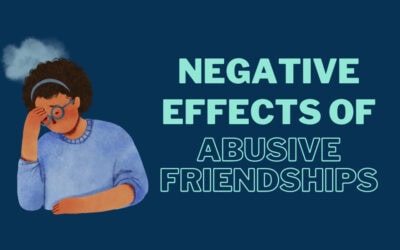
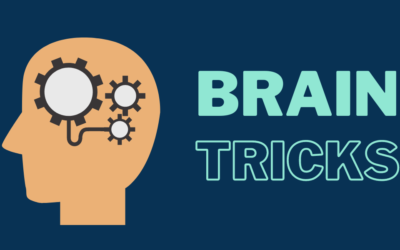
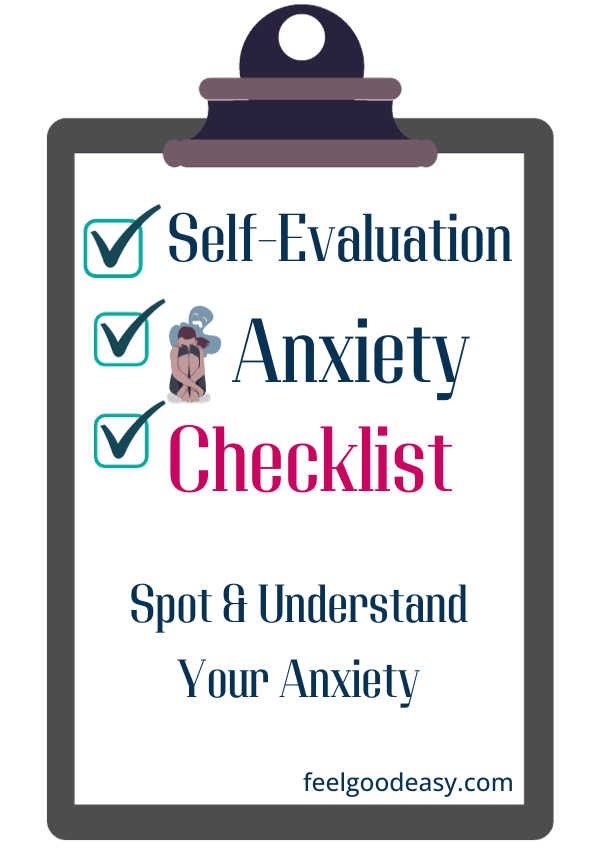
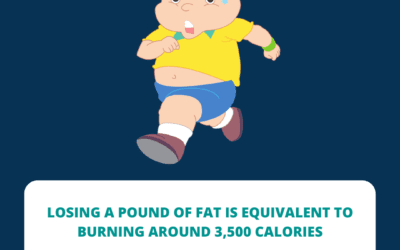

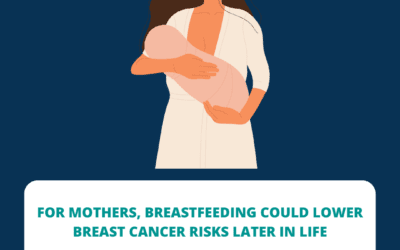



0 Comments